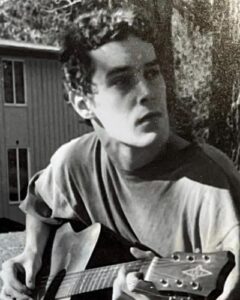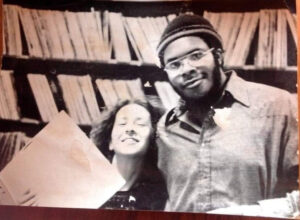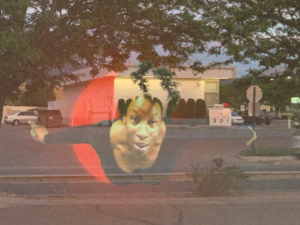 Here in the contemplative realms of the Mathematisch-Physikalischer Salon, I’ve lost track of time. I wander among timepieces and pendulums, spheres that chart the stars, and Earth globes with halos of hours at their poles, each artifact a survivor from its Renaissance birth through the firebombing of Dresden in World War II. Having lain undisturbed during the Iron Curtain years, these relics have arrived intact at the Age of Digitalia, an age of blind faiths and foregone assumptions.
Here in the contemplative realms of the Mathematisch-Physikalischer Salon, I’ve lost track of time. I wander among timepieces and pendulums, spheres that chart the stars, and Earth globes with halos of hours at their poles, each artifact a survivor from its Renaissance birth through the firebombing of Dresden in World War II. Having lain undisturbed during the Iron Curtain years, these relics have arrived intact at the Age of Digitalia, an age of blind faiths and foregone assumptions.
I aim to assume nothing. I examine, with Pascal, the intricate workings of a calculating machine. I heft the weight of Newton’s man-high telescope. I feel the heat of Galileo’s burning mirrors, smell the ancient leather of terrestrial spheres. But when I see the golden box that is the eight-faced astronomical clock, I understand the meaning of worship.
Four hundred and fifty years ago, this shrine housed the movements of planetary time: the Sun, the Moon, the Earth; winged Mercury, stunning Venus, red Jupiter, bold Mars; and gold-ringed Saturn, the arbiter of human life spans.* Kings and scientists sought knowledge here, from this box where gods and stars dwelt.
Now I know why I have lost track of time. Time has ceased to exist. Without the hands that developed this delicate machine, without the brash and transcendent brains that captured the eternal exchange of heat in the workings of levers and dials, not a single gear moves. No globes spin. Planets stall. The earth is frozen in the grip of the sun.
I am surrounded by clocks, but nothing ticks. I am outside of time, a being dreaming words that have no beginning or end. The air tastes of electrons.
(*The semicolons in the above sentence are dedicated to Kurt Vonnegut, who understood the non-temporal nature of humans, Dresden, and spacetime, but completely lost his sh*t when it came to punctuation.)
Bio:
Liz Kellebrew, MFAW-WA, lives in the Pacific Northwest and writes fiction, poetry, literary essays, and creative nonfiction. She was a finalist for the 2016 Calvino Prize and has work published or forthcoming in The Coachella Review, Elohi Gadugi, The Conium Review, The Pitkin Review, and the Writers Resist Anthology, among others.







